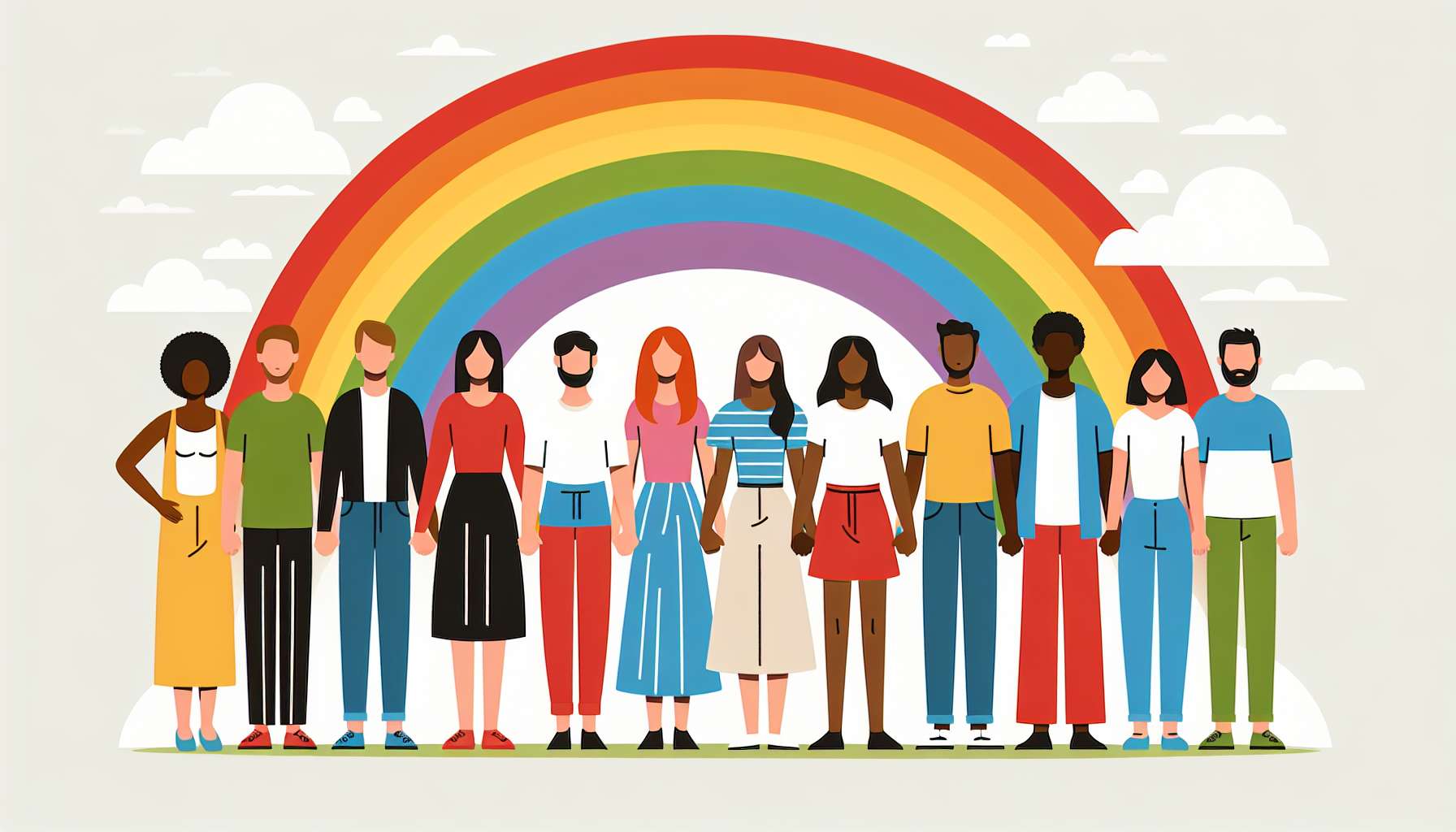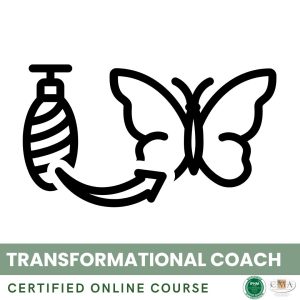Anthropological and sociological perspectives provide essential insight to understand the cultural diversity of representations and experiences related to gender and sexuality. They invite us to denaturalize these categories by showing their anchoring in specific social and historical contexts.
Anthropology has highlighted the existence, in many non-Western cultures, of alternative gender categories to the male/female binary. We can mention the hijras in India, the two-spirits among Native Americans, the fa’afafine in Polynesia… These identities, often associated with specific spiritual or social roles, testify to the cultural variability of gender categorization. They call into question the presumed universality of the Western binary model and invite us to consider gender as a cultural construct.
Similarly, anthropology has documented a great diversity of sexual and conjugal arrangements across cultures. Practices such as ritual homosexuality in some traditional societies, marriage between women in Africa, or institutionalized polygamy in many regions of the world, show that monogamous heterosexuality is just one model among others. This data invites us to denaturalize Western sexual and conjugal norms and to reposition them in their cultural context.
For example, in her book “Sex and Temperament” (1935), anthropologist Margaret Mead studies three societies in New Guinea and shows that the psychological traits associated with masculinity and femininity vary considerably from one culture to another. Among the Arapesh, both men and women have gentle and cooperative personalities, while among the Mundugumor, they are aggressive and competitive. These observations challenge the idea of naturally masculine or feminine temperaments and highlight the role of culture in gender construction.
Sociology, for its part, analyzes how social norms and institutions produce and regulate gender identities and sexualities. Authors like Erving Goffman have shown how gender structures all social interactions, through a system of expectations and differentiated roles. Socialization, from childhood, shapes individuals by instilling behaviors and attitudes deemed appropriate for their gender. This differential socialization contributes to the reproduction of inequalities between the sexes.
Sociology is also interested in how LGBTQ+ identities are shaped by the power relations and social inequalities. Authors like Monique Wittig or Adrienne Rich have analyzed heterosexuality as a political regime which maintains male dominance by constraining women to sexual availability for men. They have shown how lesbians, by withdrawing from this regime, challenge the hetero-patriarchal order. Similarly, sociologists have studied how homophobia and transphobia are articulated with other relations of domination, such as racism or classism, to produce specific experiences of oppression.
Thus, in her book “Gender Trouble” (1990), philosopher Judith Butler draws on the work of anthropologist Esther Newton on drag queen communities to develop her theory of gender performativity. She shows how these drag performances, by imitating and exaggerating the codes of femininity, reveal the constructed and imitative nature of gender. They thus open spaces for subversion and re-signification of gender norms.
Anthropological and sociological perspectives have important implications for the support of LGBTQ+ individuals. They invite us to adopt a culturally sensitive approach, attentive to the diversity of experiences and meanings attributed to gender identities and sexualities. They encourage us to deconstruct ethnocentric assumptions and to value the knowledge and resources of LGBTQ+ communities from different cultural contexts.
For example, when supporting a person from an immigrant background, it will be important to take into account their specific relationship with the gender and sexuality norms of their culture of origin, as well as the challenges related to the articulation of their LGBTQ+ identity with other identity dimensions (religious, ethnic…). A cross-cultural work can be done to help them build a mixed identity, creatively negotiating their belonging to different cultural worlds.
In summary, anthropological and sociological perspectives offer key insights into the diversity and complexity of LGBTQ+ identities around the world. By showing the culturally constructed and socially regulated nature of gender and sexuality, they invite us to denature the obvious and to develop a reflective and critical approach in the support of LGBTQ+ individuals. Their consideration is essential to develop inclusive support practices, respectful of the diversity of experiences and attentive to the power issues that traverse them.
Key takeaways:
– Anthropology and sociology provide essential insight to understand the cultural diversity of representations and experiences related to gender and sexuality. They invite us to denaturalize these categories by showing their anchoring in specific social and historical contexts.
– Anthropology has highlighted the existence, in many non-Western cultures, of alternative gender categories to the male/female binary, calling into question the presumed universality of the Western binary model.
– Anthropology has also documented a great diversity of sexual and conjugal arrangements across cultures, showing that monogamous heterosexuality is just one model among others.
– Sociology analyzes how social norms and institutions produce and regulate gender identities and sexualities, through differential socialization and power relations.
– Anthropological and sociological perspectives have important implications for the support of LGBTQ+ individuals, inviting us to adopt a culturally sensitive approach, attentive to the diversity of experiences and meanings attributed to gender identities and sexualities.
– They encourage us to deconstruct ethnocentric assumptions, to value the knowledge and resources of LGBTQ+ communities from different cultural contexts, and to develop inclusive and respectful support practices of the diversity of experiences.
👉 To download docx (Editable) file click here : Click here
👉 To download PDF file click here : Click here
👉 To download MP3 file click here : Click here







